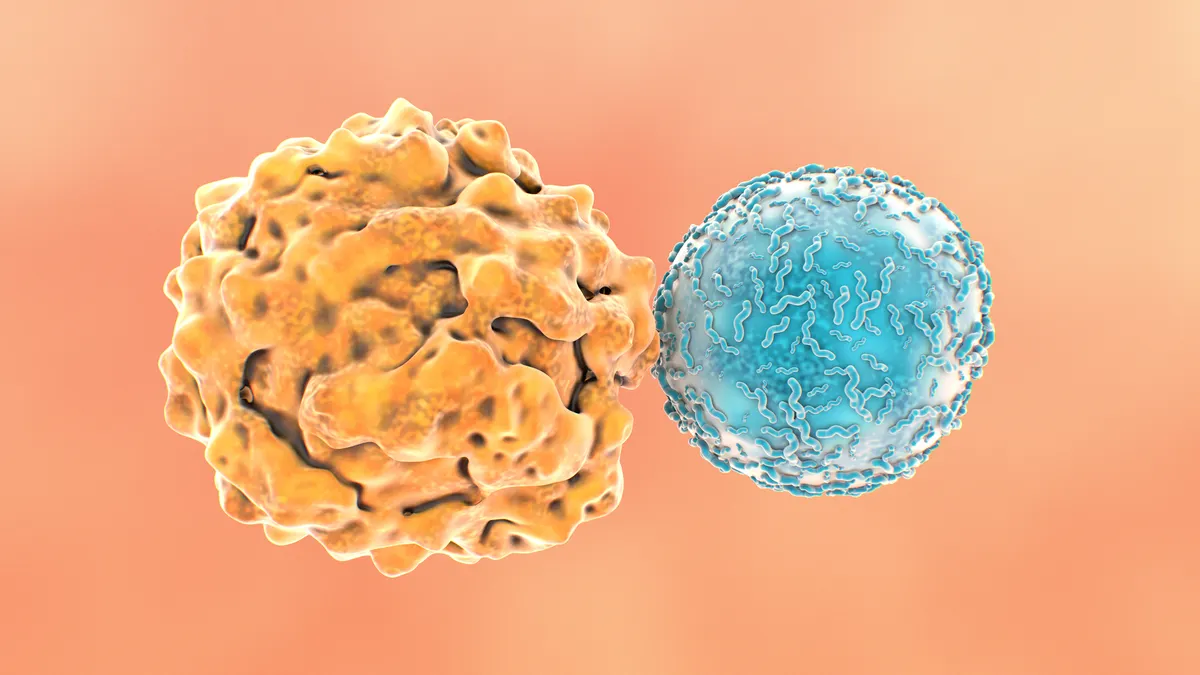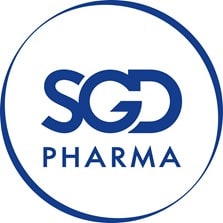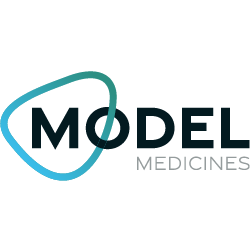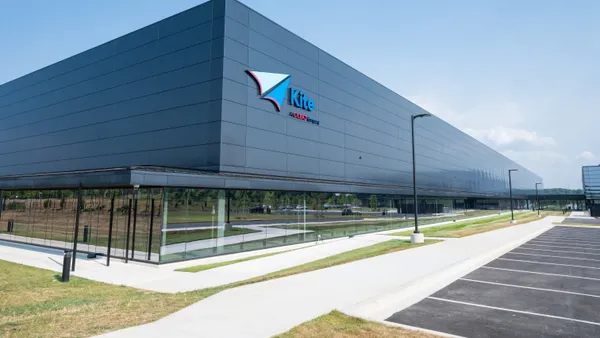Struggling cancer cell therapy developer Adaptimmune is backing out of commercial drug manufacturing, announcing Monday it will sell its approved medicine Tecelra and two late-stage assets to US WorldMeds in a deal worth up to $85 million.
The deal is a lifeline for Adaptimmune, which in March initiated a strategic review because of “substantial doubt” about the company’s continued solvency. The transaction will send all employees involved in commercialization and development of Tecelra, as well as the clinical-stage lete-cel and uza-cel, to US WorldMeds.
Per deal terms, Adaptimmune will receive $55 million upfront and could later receive $30 million in additional payments based on achievement of regulatory and commercial milestones. After the sale, Adaptimmune will retain possession of two T cell directed therapies now in preclinical studies to support human testing.
In a regulatory filing, Adaptimmune said that, after the deal, it will cut its remaining workforce by 62% — layoffs that follow a 29% headcount reduction earlier this year that was forecast to save $300 million over four years.
Chief Medical Officer Elliot Norry and Chief Commercial Officer Cintia Piccina will leave the company Aug. 8, while Chief Scientific Officer Joanna Brewer will leave Aug. 31.
Tecelra gained Food and Drug Administration accelerated approval in 2024 for some patients with synovial sarcoma, a type of solid tumor. It was the first so-called T cell receptor, or TCR, cell therapy approved in the U.S. A half dozen cell therapies that use a different “CAR-T” technology were approved earlier, but have so far only approved effective in blood cancers.
Adaptimmune’s innovation didn’t translate into sales, however. Adaptimmune reported just over $4 million in product revenue in the first quarter of 2025, overshadowed by the company’s nearly $29 million in research and development spending. It held $41 million in cash and equivalents at the end of March.
“After an extensive review of all strategic alternatives available to Adaptimmune we are convinced that this transaction represents the best path forward for Adaptimmune, our patients and stakeholders,” said CEO Adrian Rawcliffe in a statement.
Adaptimmune shares fell by two-thirds following the announcement, changing hands at about 10 cents apiece in afternoon trading.
While arguing Adaptimmune’s deal was a “net positive” due to its solvency concerns, Mizuho Securities analyst Graig Suvannavejh wrote in a client note that the size of the deal was “disappointing.” Suvannavejh added that, even with the revenue from the deal and associated cost cuts, “it is still unclear to us [the company’s] liquidity concerns have been adequately addressed.”















